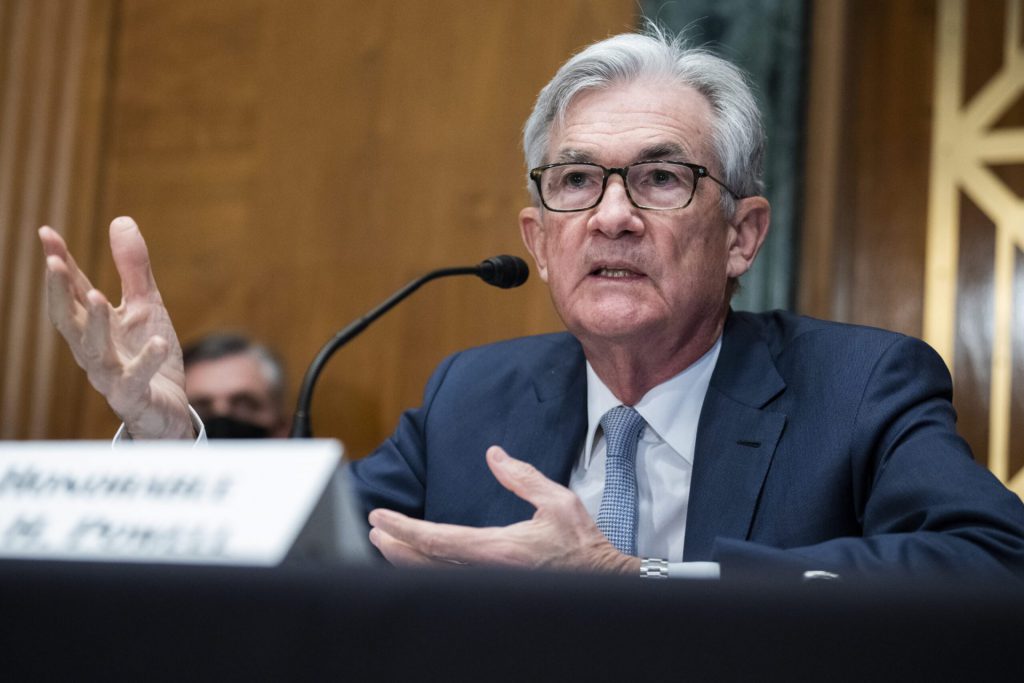Trump’s Tariffs: Here’s What Just Got More Expensive (Spoiler: It’s Your Wallet)
Trade wars aren’t cheap—and neither are the goods caught in the crossfire. Trump’s tariffs have sent prices soaring on everything from steel to semiconductors. Here’s the damage.
### The Steel Squeeze
American manufacturers are feeling the pinch as tariffs hike costs on imported metals. That ‘Made in USA’ premium? You’re paying it now.
### Tech Takes a Hit
From iPhones to electric cars, consumer tech is absorbing the blow. Tariffs on Chinese components mean higher price tags—and thinner margins.
### The Agriculture Domino Effect
Retaliatory tariffs slammed U.S. farmers, pushing soybeans and pork into a price spiral. Guess who ends up covering the gap? Hint: Check your grocery bill.
### The Bottom Line
Tariffs are taxes by another name—and they always trickle down. Whether it’s your next car or your morning coffee, the math is simple: Trade wars = higher costs. But hey, at least Wall Street found a way to hedge against it—because of course they did.
How Tariff Inflation Impact Raises Consumer Costs And Trade Prices

Electronics Show Limited Price Increases from Trump’s Tariffs
Fed Chair Jerome Powell on Wednesday said just a few items are growing in price as a result of tariffs, including electronics that come from China. He mentioned that PCs and A/V equipment have become more expensive because of Trump’s trade war.
Research firm Telsey Advisory Group tracked 80 consumer items and found only 19 products gained in price since mid-April, while 16 items actually decreased. The tariff inflation impact hasn’t really materialized as predicted because retailers are still working through their pre-tariff inventory right now.
Powell explained the timing issue:
Car Prices Fall Despite Trade Policy Effects
Auto prices have defied expectations and haven’t shown the price increases from Trump’s tariffs in a surprising way. New car prices fell 0.2% in May despite facing a 25% tariff plus additional tariffs on imported parts. The cost of imports rising hasn’t affected vehicle prices yet because dealers still have their pre-tariff inventory to work through.
Ivan Drury from Edmunds noted that dealers are still working through their supply of pre-tariff cars, which explains why consumer price hikes haven’t hit the automotive sector at this time.
Administration Claims Victory Over Tariff Inflation Impact
White House trade adviser Peter Navarro stated:
Treasury Department official Joseph Lavorgna said:
The administration points to current low inflation as proof that Trump’s tariffs and price increases won’t cause the predicted economic disruption after all.
Future Consumer Price Hikes Expected
Economists warn that current stability regarding Trump’s tariffs and price increases is just temporary though. Stephanie Roth, chief economist at Wolfe Research, was clear about the fact that:
Major retailers including Walmart, Target, and Home Depot have announced they will raise some prices due to tariff pressures. The cost of imports rising will eventually force businesses to pass costs to consumers as their pre-tariff inventory depletes over time.
Powell agreed that broader tariff inflation impact is coming soon:
Small businesses face particular challenges from these trade policy effects right now. Without large-scale supply chains, many have already begun reducing supply or raising prices. American alternatives for foreign imports are often unavailable or just too expensive.
Sid Malladi, CEO of Nuvo, explained the situation:
At the time of writing, retailers typically hold about 1-2 months of inventory, so consumer price hikes might begin pretty soon. April’s Institute for Supply Management report showed prices paid by businesses increased the most since November 2022, while inventories contracted.
Powell confirmed companies expect to pass tariff costs forward:
The reality is that Trump’s tariffs haven’t caused significant price increases so far, but warning signs suggest major tariff inflation impact is approaching as pre-tariff inventory runs out this summer.

